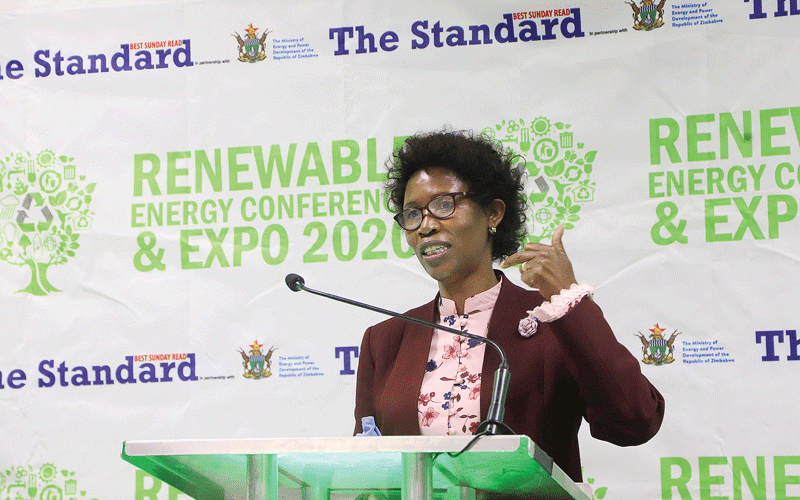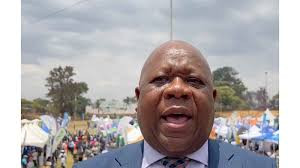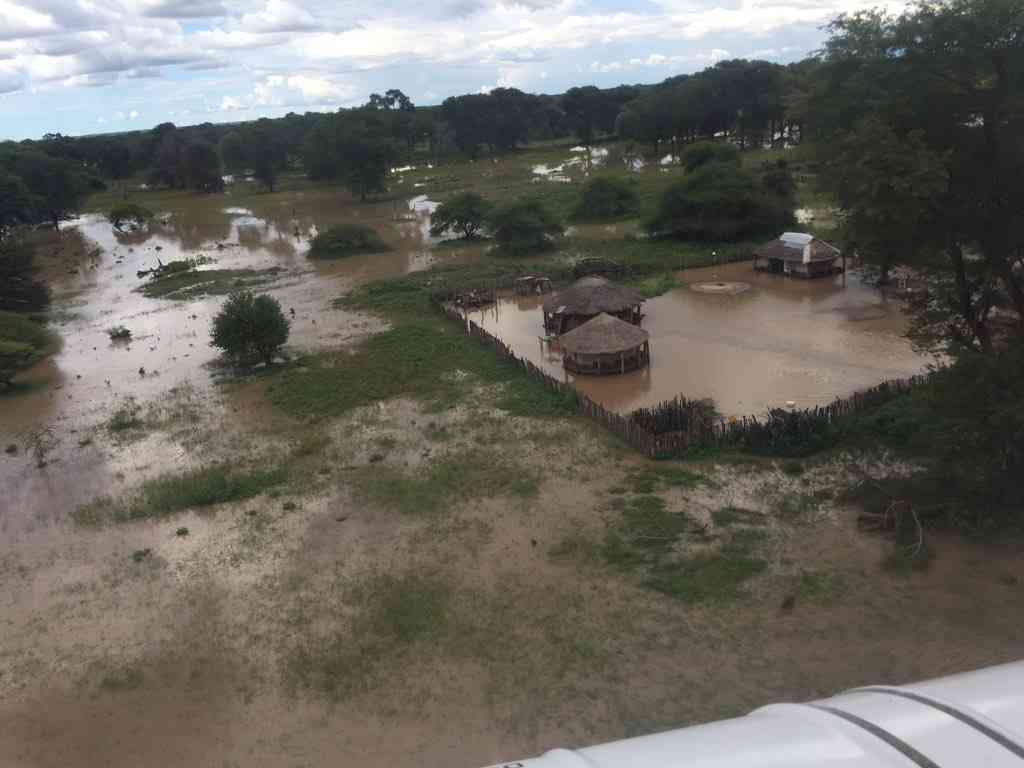
GOVERNMENT has blamed climate change for depressed power generation at Lake Kariba as blackouts spoiled the first day of the Zimbabwe International Trade Fair (ZITF).
In March, the Zambezi River Authority (ZRA) set the average electricity generation for Kariba Power Station at 214 megawatts (MW) against its installed capacity of 960MW due to dwindling water levels.
Zimbabwe and Zambia share equally water to generate power at their separate power plants at Lake Kariba.
As of yesterday, the country was generating 1 074MW broken down as 300MW from Kariba and 774MW from Hwange.
Bulawayo, Munyati and Harare power stations are currently incapacitated.
In Bulawayo, exhibitors experienced blackouts during the first day of the ZITF, with some being forced to turn to generators.
Energy and Power Development ministry permanent secretary Gloria Magombo said the El Niño-induced drought had had adverse effects on the country’s electricity generation capacity.
“We lost about 600MW in Kariba because of climate change,” Magombo said during a Township Economies and Rural Entrepreneurship forum organised by DEAT Capital at the ZITF on Tuesday.
- SanganaiHlanganani Expo dates set
- ZITF Company launches AfriConfex
- Zim must step up to increase exports: UK
- Kariba dam in recession
Keep Reading
“Climate change is real.
“It is affecting us and it has brought us back to a very constrained point of supply and for that, we need to work together not just as government, but also with the private sector in terms of addressing the supply of electricity.”
She urged citizens to adopt renewable sources of energy such as solar.
“Given the challenges that we have, you are better off independent and once we have a good system you can then sell the excess power to Zesa (Holdings),” Magombo said.
“We want everyone to be an independent power producer (IPP) using their rooftops.
“As a government, we continue to look at how we can capacitate communities especially with renewable technologies. As a way of climate proofing some of the programmes that we have in our rural communities, we want to work with universities to ensure the uptake and reduction in the cost of solar food dryers.”
Energy regulator, the Zimbabwe Energy Regulatory Authority has over the past five years licensed over 100 small IPP projects with a capacity to produce around 1 300MW, but most of them remain non-operational.
One such project is the US$183 million Gwanda solar project awarded to controversial businessman Wicknell Chivayo.










